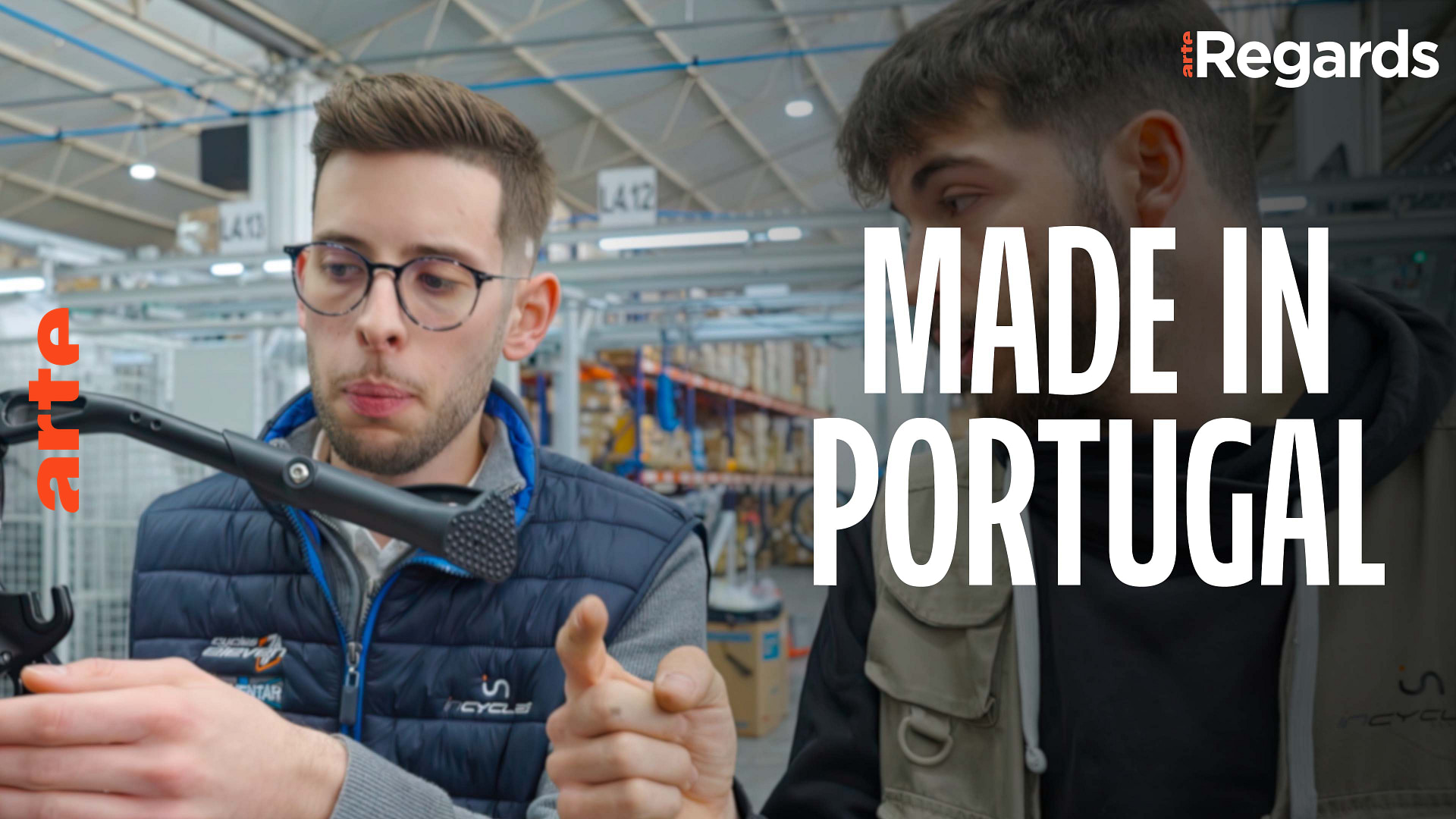
Portugal has emerged stronger from past crises, thanks to a new generation of graduates who chose to remain in the country rather than seek a better future abroad. This dynamic particularly benefits remote areas – which have long been isolated from the economic prosperity of coastal provinces.
Mariana Tapiliao studies fashion in Lisbon, but spends most of her time in the workshops of an almost century-old spinning mill based in Évora, in the Alentejo. What ambition? Launching a line of elegant and durable clothing “Portuguese style” by controlling the entire production chain, starting from the selection of raw materials. The 24-year-old doesn’t miss shearing sheep for anything. Through her enthusiasm, she convinced a breeder to improve the quality of his flock to produce better wool. Otilia Santos, the owner of a woolen mill whose old machinery was at his disposal, rallied to his cause. Thanks to her creations in traditional Portuguese wool felt, Mariana is able to enrich her range of home linen products by introducing elements of Portuguese fashion. With the resulting profits, it will be able to finance the gradual modernization of the plant.
Pedro Barrera, 26, is production manager at Ramzi’s bicycle manufacturing plant in Bicycle Valley, south of Porto, where the Little Queen is experiencing unprecedented growth. In just four years, the employer’s turnover increased from 3 to 67 million euros. When the pandemic shut down supply chains to Asia, Portugal continued to provide its services. Pedro appreciates the quality of life offered by the Portuguese hinterland, good food and beautiful scenery. An ideal place to repair your bike prototypes after spending a few hours gardening. Here, he has a future in this branch, he is sure of it. He and his boss have long managed to convince young professionals of the virtues of life in the provinces. A concept from Germany could help them well…






